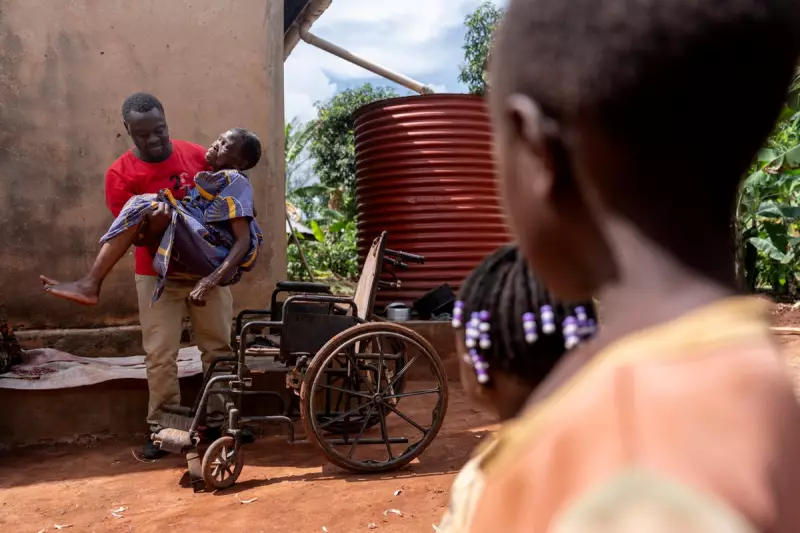
In a landmark moment for continental healthcare, Uganda has officially opened the doors to a state-of-the-art mRNA vaccine production facility, positioning itself at the forefront of Africa's fight for medical sovereignty.
The new plant, unveiled this week, represents a colossal leap forward. It is poised to become a pivotal hub for manufacturing vital vaccines, initially targeting COVID-19 but with ambitious plans to tackle other devastating diseases, including the highly sought-after HIV vaccine.
This initiative, developed in collaboration with the UN's World Health Organization, directly confronts the stark vaccine inequity exposed during the global pandemic. For too long, African nations have been at the mercy of foreign supply chains and vaccine diplomacy, often receiving doses long after wealthier nations. This facility is a powerful statement that Africa is ready to produce its own solutions.
The implications are profound:
- Medical Independence: Drastically reduces reliance on imported pharmaceuticals and ensures a more resilient supply for future health crises.
- Economic Boost: Creates high-skilled jobs, fosters local expertise in advanced biotech, and stimulates the wider economy.
- Targeted Research: Enables the development of vaccines specifically for diseases that disproportionately affect the African continent.
World Health Organization chief Tedros Adhanom Ghebreyesus lauded the opening as a critical turning point. He emphasised that this move is not just about Uganda but about empowering the entire region, ensuring that "the fate of African health is decided in Africa, by Africans."
This venture is more than a factory; it is a beacon of hope. It signifies a new era where African scientists and manufacturers are equipped to protect their own populations, turning the page on a history of medical dependency and paving the way for a healthier, more self-reliant future.





